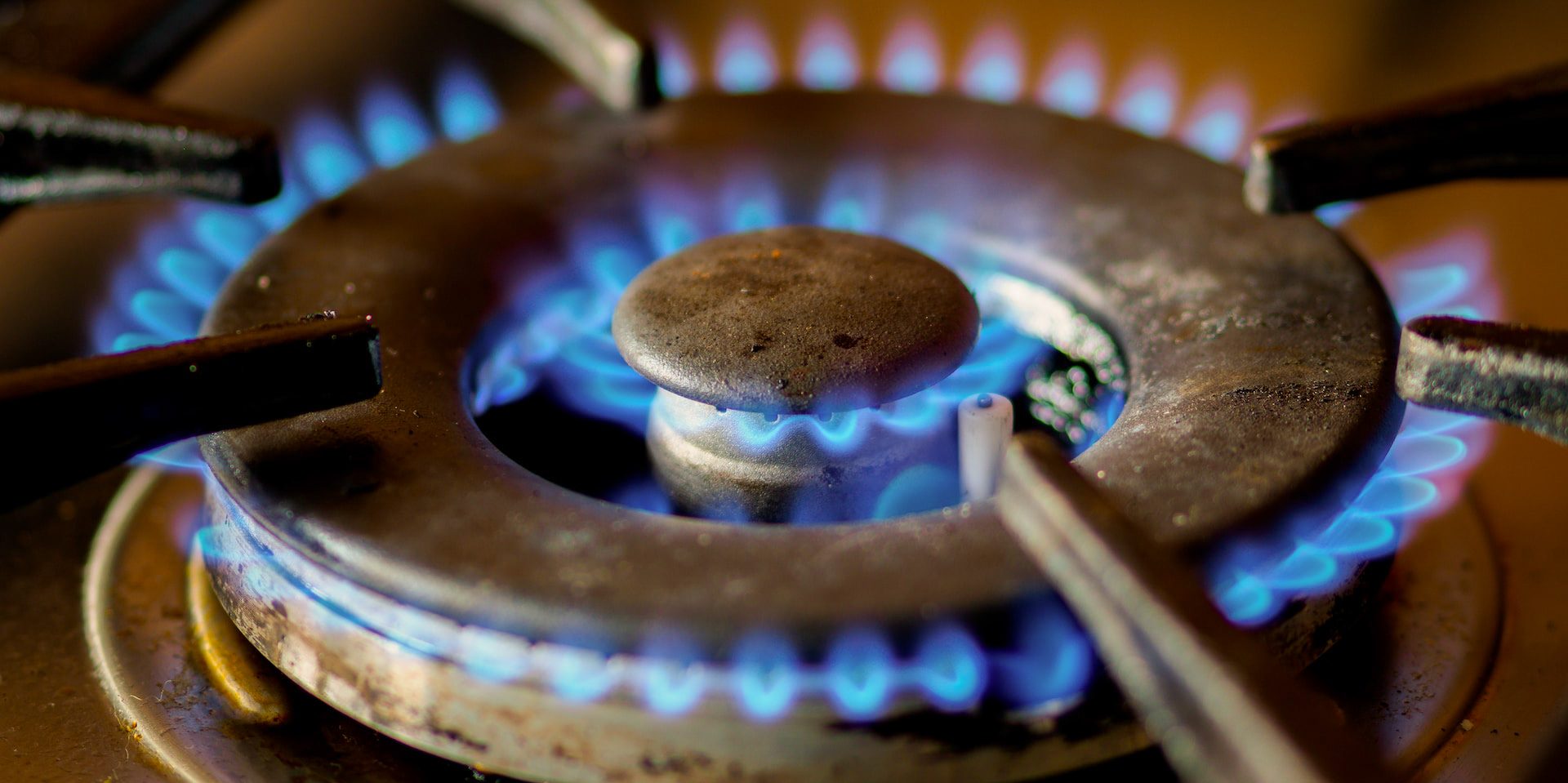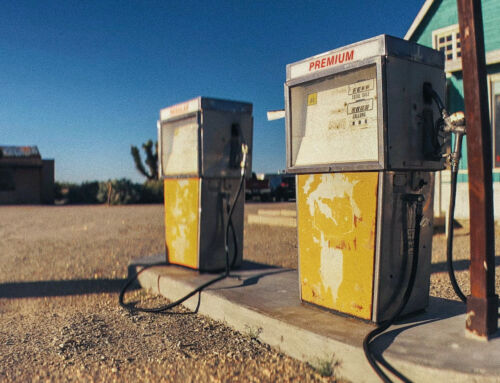View by Topic
Recent Articles
-
Congress Blocks California’s Gasoline Car BanSaturday, May 31st, 2025
-
EPA Will Keep Current Limits for “Forever Chemicals” in Drinking WaterSaturday, May 24th, 2025
-
Court Indefinitely Pauses SEC Climate Rule LitigationSaturday, May 17th, 2025
-
Maryland is About to Regulate Mold But is the Cart Before the HorseSaturday, May 10th, 2025
View by Month/Year
“Green Building Law Update” Headlines
Recent Articles & News from
Stuart Kaplow’s blog
at GreenBuildingLawUpdate.com
- Congress Blocks California’s Gasoline Car Ban: A Legal and Policy Analysis June 1, 2025
- EPA Will Keep Current Limits for “Forever Chemicals” in Drinking Water May 25, 2025
- Court Indefinitely Pauses SEC Climate Rule Litigation May 18, 2025
- Maryland is About to Regulate Mold: But is the Cart Before the Horse? May 11, 2025
Subscribe to the Green Building Law Update!
Stuart Kaplow brings his expertise and extensive experience to the table with his unique digital publication, "Green Building Law Update". Subscribers receive regular updates to keep them informed about important issues surrounding Environmental Law, Green Building & Real Estate Law, as well as the emerging demand for Environmental Social Governance (ESG).
Get fresh content through the lense of Stuart Kaplow's cutting-edge expertise, innovative commentary and insider perspective. Don't miss another issue! Subscribe below.

Court Saves Gas Stoves from the Government
“By completely prohibiting the installation of natural gas piping within newly constructed buildings, the City of Berkeley has waded into a domain preempted by Congress,” is the opening sentence and ultimate holding in the April 17, 2023, decision of the Ninth Circuit Court of Appeals in California Restaurant Association vs. City of Berkley.
This precedent setting decision by a federal appellate court did not require preternatural abilities by the judges who simply stated the obvious to many of us and is a significant setback for state and local governments, including Maryland and New York City, Denver, and Brookline, that seek to ban natural gas in buildings in the name of climate change and otherwise.
The three judge panel held that the federal 2005 Energy Policy and Conservation Act preempts the Berkeley ordinance. The panel wrote that, in this express preemption case, it addressed the plain meaning of the Act without any presumptive thumb on the scale for or against the efficacy of preemption. The Act expressly preempts State and local regulations concerning the energy use of many natural gas appliances, including those used in household and restaurant kitchens.
Instead of directly banning those appliances in new buildings, Berkeley took a more circuitous route to the same result and enacted a building code that prohibits natural gas piping into those buildings, rendering the gas appliances useless. The Restaurant Association complaint said, “the drastic step of requiring ‘all-electric’ new buildings stands at odds with the need for a reliable, resilient, and affordable energy supply.”
All three judges held that, by its plain text and structure, the Act’s preemption provision encompasses building codes that regulate natural gas use by covered products. By preventing such appliances from using natural gas, the Berkeley building code did exactly that.
And so do laws in Maryland, New York City, Denver, Brookline, and a host of cities across the country, that in the name of climate change have played short shrift to federal law in seeking to ban natural gas. Make no mistake about it, the 2005 Energy Policy and Conservation Act is the same law that banned the Edison 100 watt incandescent light bulb and gives us the 179D tax deduction (.. one would think those bona fides would result in those concerned about climate change being cognizant of the Act and these matters).
Judge Baker wrote in a concurring opinion that the Berkeley ordinance cut to the heart of what Congress sought to prevent, state and local manipulation of building codes for new construction to regulate the natural gas consumption of covered products when gas service is otherwise available to the premises where such products are used.
In a free society, most believe it is bad public policy to ban something that is legal. It was not wise in 2005 for the Energy Policy and Conservation Act to ban the Edison 100 watt light bulb, the greatest invention in the history of mankind, and it is not wise to now ban natural gas. Not to mention there is some irony in Maryland attempting to be the first state to ban natural gas when Baltimore, Maryland in 1816 became the first city in the United States to light its streets with gas.
The better environmental policy might be for government to incentivize the development of and fund alternative energy technologies.
There is no doubt this decision by the California federal appeals court is a significant setback for state and local governments across the country seeking to ban natural gas, directly, indirectly, or otherwise. But there also is no doubt that the court is correct and that the arrogance or ignorance of state and local lawmaking will not stand in this instance of clear and unambiguous federal preemption dating to the 2005 Act.
This federal appellate court decision is not the end of this discussion. Congress could act to amend the 2005 Act, however, it is all but certain that will not happen if only because of the 2005 Faustian bargain where Congress set a national energy policy, including banning the incandescent light bulb, in exchange for limiting future acts by others by saying there can be “no State regulation concerning the energy efficiency, energy use, or water use” if a federal energy conservation standard is effective for a “covered product.” Energy certainly includes natural gas.
In the 7 days since the court decision, some in the climate apocalypse industrial complex have actually been heard to suggest that the existential threat of climate change is so important it should trump the preemption doctrine of the U.S. Constitution. But there is no realistic hope of that. The only question may be how quickly regulatory schemes like Maryland’s move to ban natural gas will be vanquished.
Instead of more bad laws, the best response is a marketplace solution where business owners across the globe strive to make the world better off because their business is in it.
To be clear, we believe strongly in repairing the world but do not suffer fools gladly.
Read the decision here and participate in this discussion about how to make the world better.
A live webinar this Wednesday “Strategies Gleaned from our GHG Emission Poll” 30 talking points in 30 minutes, April 26 at 9 am EST presented by Stuart Kaplow and Nancy Hudes on behalf of ESG Legal Solutions, LLC. The webinar is complimentary, but you must register here.









